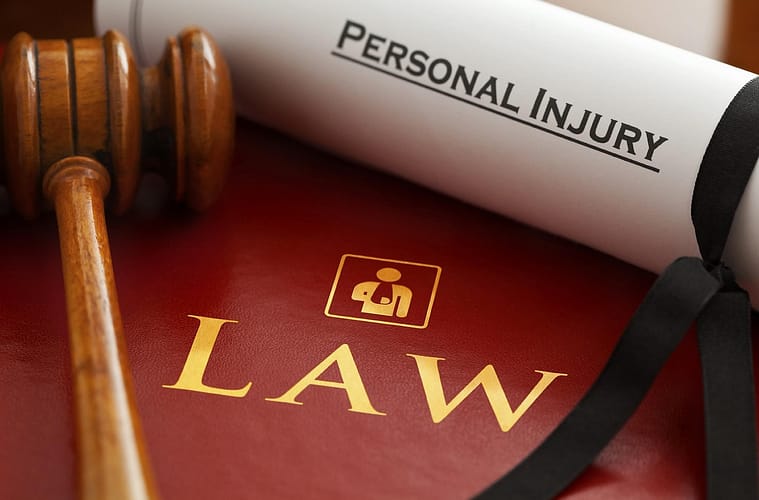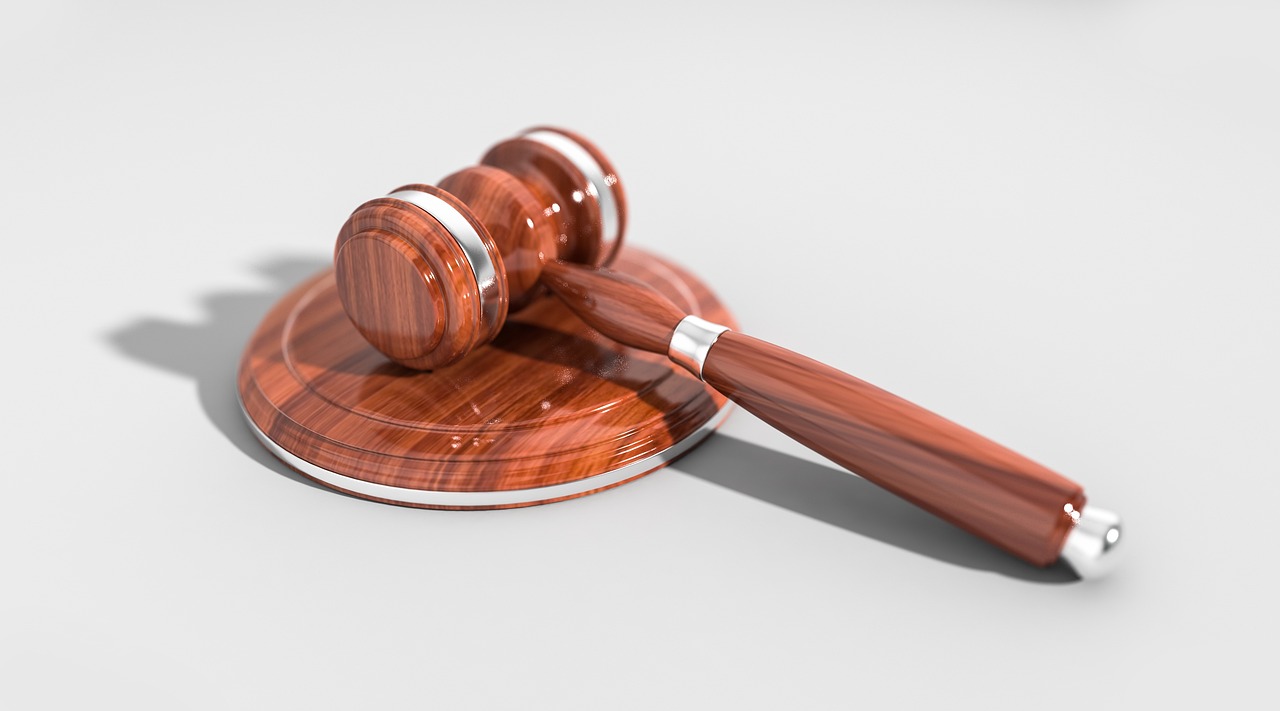Experiencing a personal injury can be a life-altering event, creating confusion and uncertainty. The immediate aftermath often leaves individuals feeling overwhelmed and unsure of how to proceed. Whether the injury results from a car accident, a slip and fall, or any other unfortunate event, knowing the necessary steps can significantly affect the outcome of your recovery and any potential legal claims. This guide outlines the crucial actions to take after sustaining a personal injury, ensuring that you have a clear path to navigate this challenging time.
Assess Your Condition
The first step following any personal injury is to assess your physical condition. Understanding the extent of your injuries is crucial. If you experience severe pain, dizziness, or unconsciousness, seek immediate medical attention. Emergency personnel can provide necessary medical assistance right at the scene, which is vital for your recovery. Thorough medical assessments will create a documented record of your injuries, which could later be invaluable in any legal proceedings or insurance claims.
It’s important to listen to your body. Some injuries might not present immediate symptoms but can manifest later. Whiplash or concussion symptoms can take hours or even days to appear. Therefore, it’s advisable to visit a healthcare provider to ensure that any underlying issues are promptly identified and treated.
Report the Incident
After addressing your medical needs, the next critical step is to report the incident. If the injury occurred in a public place or involved another party, notifying the relevant authorities is crucial. If it occurred on private property, inform the property owner; if it involves a vehicle, notifying the police is important. Filing a report will create an official account of the incident, which can prove useful later on. Ensure that you receive a copy of this report, as it may be needed for your insurance claim or legal action.
When reporting the incident, provide accurate and detailed information to document the circumstances surrounding your injury. This includes time, location, and any conversations you had with witnesses. When you provide thorough details, it creates a more compelling story of what happened.
Consult a Personal Injury Lawyer
As the situation unfolds, reaching out to a personal injury lawyer can make a significant difference in how you handle your claim. They bring expertise that helps navigate the complexities of personal injury law. Consulting a lawyer typically involves discussing your case details, understanding your legal rights, and determining the best course of action. If you’re unsure about how strong your case is, a lawyer can provide insight based on their experiences with similar situations.
For expert guidance, find an attorney who specializes in personal injury claims. They can help you understand potential compensation amounts and give you a clearer picture of possible outcomes, suggests the Ybarra Maldonado Law Group team. Legal counsel is beneficial if negotiations with insurance companies become contentious, as they can advocate on your behalf, ensuring you receive fair compensation.
Gather Evidence
Collecting evidence is a vital part of the aftermath of a personal injury. Take photographs of the scene, your injuries, and any other pertinent details that could support your claims. This includes any relevant skid marks on the road or unsafe conditions, such as poorly maintained walkways. Documenting your injuries may involve taking pictures of visible bruising or wounds as they progress. Gathering witness statements, contact details, and any supporting documents is equally important.
Maintaining a personal journal can help document your emotional and physical journey. Keeping track of your pain levels, medical visits, and how the injury affects daily life adds layers of evidence that may prove beneficial later. This documentation can work well alongside medical records and police reports to form a substantial case when pursuing compensation.
Inform Your Insurance Company
Notifying your insurance company about the incident is another crucial step. Many insurance policies require the timely reporting of accidents to validate claims. When speaking to your insurance provider, be honest and precise about the details of the incident. Avoid admitting fault or providing excessive information that could harm your claim. They may ask for documentation regarding your injury, medical expenses, and the police report. Providing this information expedites the claims process and allows for quicker resolution.
Understanding the terms of your insurance policy can prove beneficial. Familiarizing yourself with coverage limits, exclusions, and deadlines can create a smoother claim process. If uncertain about coverage, consulting your insurance representative early can provide clarity and guide your actions moving forward.
Track Medical Expenses and Other Costs
As you focus on recovery, it’s vital to keep a detailed record of all medical expenses. This includes costs for medications, rehabilitation, and any required therapy. The more organized your records, the more likely your claim will reflect the true costs of the injury. Whether it’s a short-term or long-term injury, comprehensive documentation can be pivotal in negotiations with insurance companies or legal actions.
Consider documenting any other costs incurred due to the injury. This might include lost wages from missed work or expenses related to travel for medical appointments. This level of detail will strengthen your claim and ensure that you are compensated for the full extent of your losses.
Focus on Recovery
While navigating the legal and financial aspects of your injury, prioritize your recovery. Following your doctor’s advice, attending physical therapy, and focusing on mental well-being are all important components of healing. Rushing back into daily life can hinder recovery and exacerbate injuries, so take the time you need. Engaging in routines conducive to your recovery, such as light exercise or meditation, can support a smoother healing process.
During this time, maintain open communication with your healthcare providers, legal counsel, and support system. Staying informed and proactive will empower you and contribute to effective recovery.
Recovering from a personal injury is undoubtedly challenging, but following these steps can significantly improve your chances for a positive outcome. Stay organized, vigilant, and committed to your healing process as you navigate this difficult period in your life.
Published by HOLR Magazine.




